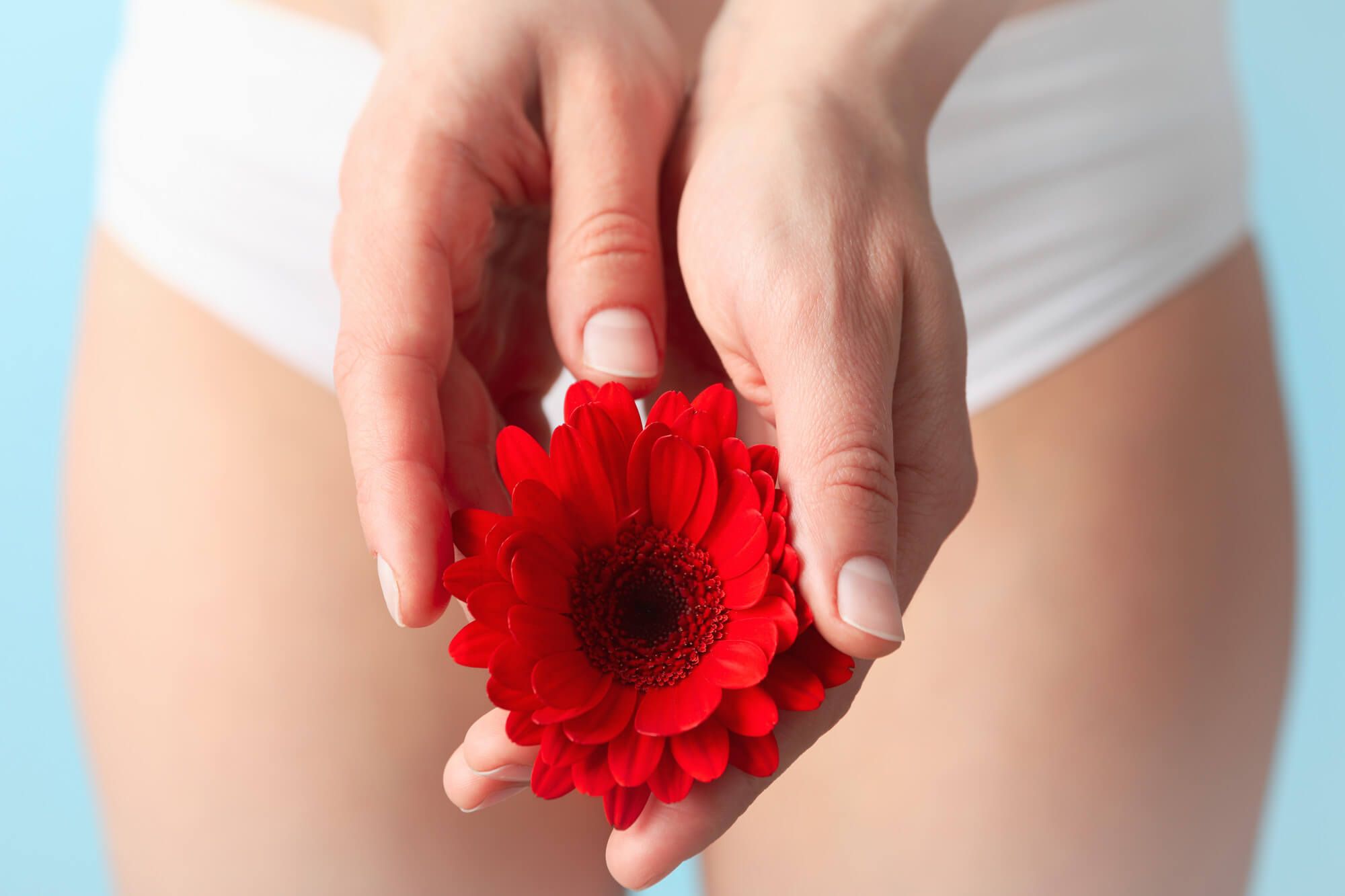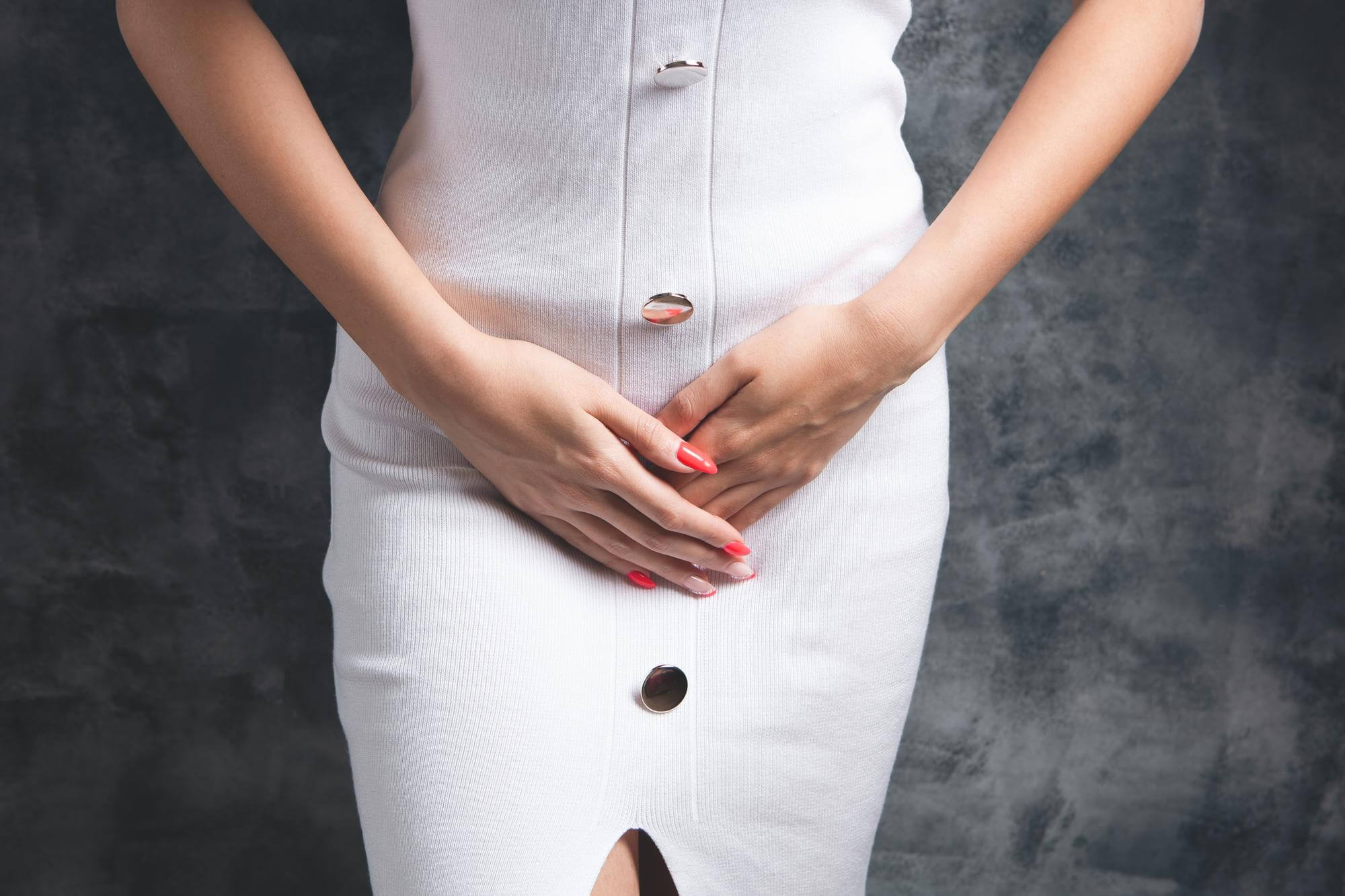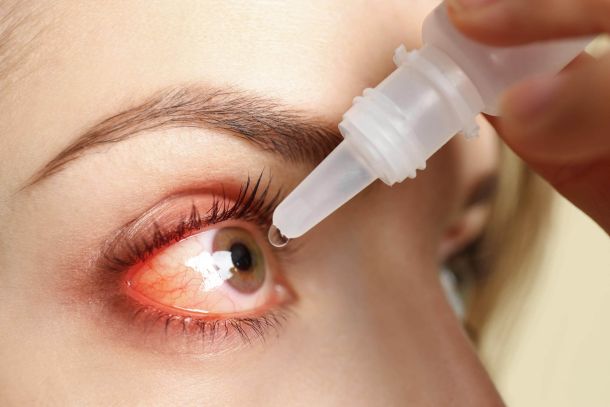Allergic vulvitis: what is it and how to treat it?


Irina Makarova
Allergic vulvitis is an inflammatory disease of the vulva, caused by an allergic reaction to certain irritants. Vulvitis can occur in women and girls of all ages. It is important to see an experienced allergist and start treatment in time to avoid complications.
Causes of allergic vulvitis
Allergic vulvitis can be caused by a variety of factors, including:
- Contact with chemicals in hygiene products, detergents, or cosmetic products can cause allergic vulvitis. Pay attention to the composition of the products you use.
- Allergies to fabrics from which your undergarments are sewn or to synthetic materials may cause inflammation. It is advisable to choose underwear made from natural materials and follow hygiene.
- Some foods can cause allergic reactions and lead to vulvitis. If you suspect that your symptoms are food-related, see your doctor.
- Allergies to medicines, especially antibiotics, can cause vulvitis. It is important to tell your doctor about all the medicines you are taking.
- Infections and diseases can lead to allergic vulvitis. It is important to see your doctor in a timely manner and get examined.
Symptoms of allergic vulvitis

- One of the main symptoms of allergic vulvitis is itching and burning in the vulval area. These sensations may be constant or occur periodically.
- Redness and swelling in the vulval area are also characteristic signs of allergic vulvitis. The skin may become hypersensitive and painful when touched.
- In some women, allergic vulvitis may be accompanied by discharge and irritation of the vulvar mucosa. This can lead to cracks and sores.
- Allergic vulvitis may result in pain and discomfort, especially during urination and sexual intercourse.
Diagnosis of allergic vulvitis
Diagnosis of allergic vulvitis includes examination by a physician, collection of history, and allergy tests. In some cases, additional tests, such as a culture of secretions or a biopsy, may be necessary.
Treatment of allergic vulvitis

One of the keys to treating allergic vulvitis is to avoid contact with allergens. You may need to change hygiene products, clothing, or medications that cause allergies.
Antihistamines such as cetirizine, fexofenadine, or loratadine can help reduce allergic reactions and symptoms of vulvitis.
Topical remedies, such as hydrocortisone ointment or creams with antihistamine components, may be prescribed to relieve itching, redness, and swelling. It is important to use them strictly as prescribed by your doctor.
In some cases, the doctor may recommend physical therapy treatments such as UHF or magnetotherapy to reduce inflammation and improve microcirculation. Alternative treatments, including herbal medicine and homeopathy, may be used as an adjunct to basic therapy, but only after consulting a physician.
Prevention and care tips
To prevent allergic vulvitis, several recommendations should be followed:
- Use hypoallergenic hygiene products.
- Wear underwear made of natural fabrics.
- Observe the rules of intimate hygiene.
- During treatment with medications, especially antibiotics, monitor the reaction of the body and inform the doctor of all observed changes.
Allergic vulvitis is a disease that women and girls of all ages can face. Timely referral to an experienced allergist and the right treatment will help to cope with this disease and avoid its recurrence. It is important to follow your doctor's recommendations, avoid contact with allergens, and take preventive measures to keep your intimate area healthy.
New materials
Popular Articles
We recommend reading
Contact us in the Contact Us section to ask questions, offer ideas, or for more information about our allergy resource.
Our articles are your trusted source of allergy knowledge. Learn how to make life with allergic reactions easier on our specialized portal.
©
Lechenie-Allergii.com. All rights reserved.
© Lechenie-Allergii.com. All rights reserved.
The information on this site is for informational purposes only and is not a substitute for professional medical advice. We recommend consulting with qualified medical professionals for accurate information and advice.
 English
English  Українська
Українська  Русский
Русский 









